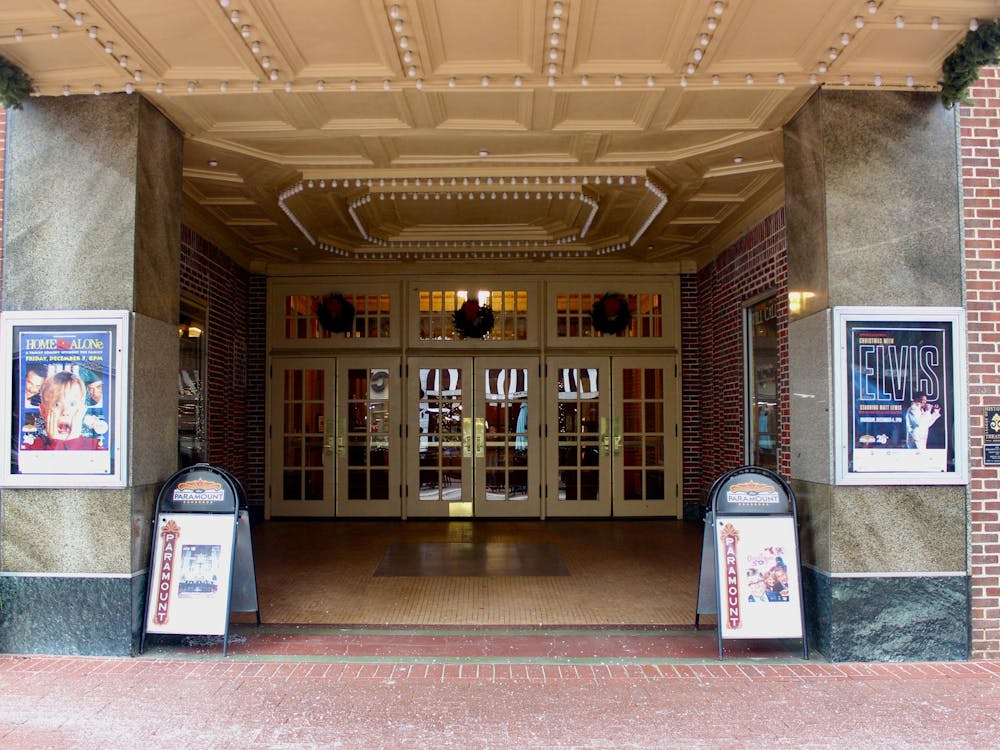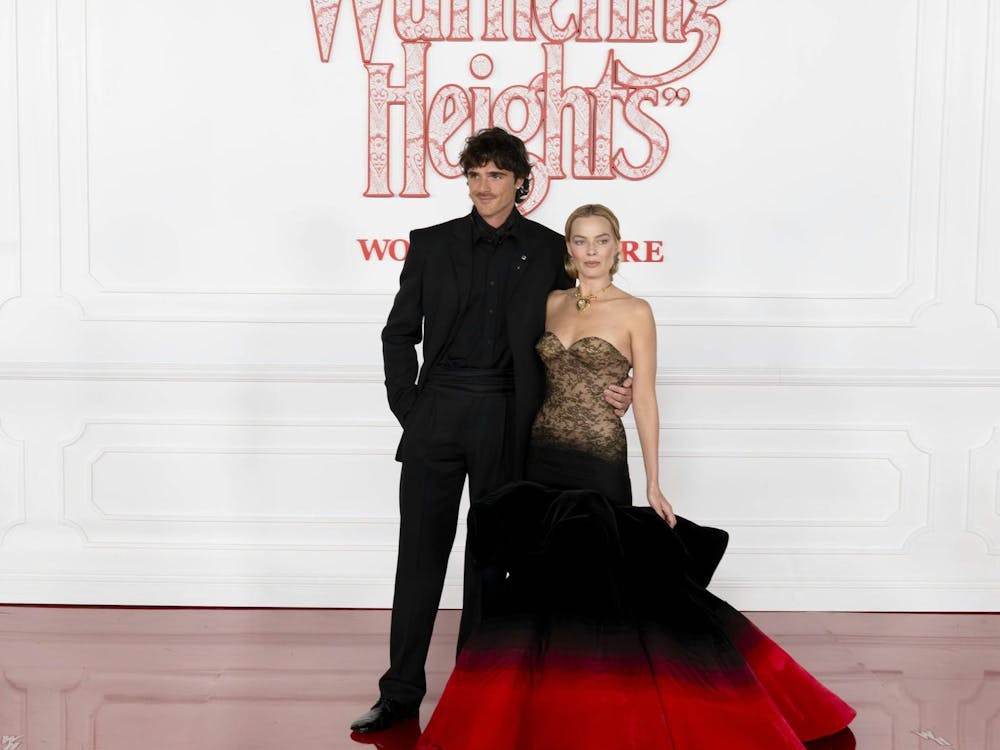Vampire Weekend, the longtime indie-pop favorite fronted by Ezra Koenig, has spent a decade as one of the biggest bands in the world. In that time, the band released albums from the twee “Vampire Weekend” in 2008 and “Contra” in 2010 to 2013’s more dense, philosophical “Modern Vampires of the City” before taking a six-year hiatus. Now, they are back with a new record that merges their early work’s sunny sound with the ruminations of “Modern Vampires.”
“Father of the Bride,” which dropped May 3, is clearly an evolution from “Modern Vampires of the City.” That album — the band’s most accomplished to date — utilized beautiful and detailed soundscapes while simultaneously being more profound lyrically than their previous work. "Father of the Bride" maintains those weighty themes lyrically while throwing a sonic curveball at its listeners.
Since “Modern Vampires”’ release in 2013, Koenig has created the much-maligned Netflix anime series “Neo Yokio” and welcomed a child into the world, multi-instrumentalist Rostam Batmanglij has left the band to focus on his solo career and the band has shied away from the spotlight — performances at Bernie Sanders rallies in 2016 notwithstanding. In “Father of the Bride,” these changes manifest in an album that doesn’t sound quite like anything they’ve made before — but also never sounds quite sure of itself.
The music on “Father of the Bride” is generally slight and gentle, taking inspiration from styles as varied as chamber pop, jam-band and indietronica. This experimentation can be exciting, showing Vampire Weekend’s ability to venture outside its comfort zone while still making good music. However, the downside is that the album never truly feels of one piece, instead constantly shifting and changing, never quite settling in.
Where Vampire Weekend’s early albums could at times grow stale due to the group’s constant mimicking of “Graceland”-era Paul Simon, this album fails to give the band much of a cohesive identity. At times they dip into their old influences, with “This Life” being a notable venture into the jangle-pop sound that dominated their first two records. “This Life” — a tightly-written and performed standout — is one of the only songs that could have easily come from their self-titled debut.
“Father” — even more so than “Modern Vampires” — puts to bed the Paul Simon comparisons, with music that mixes Vampire Weekend’s typically pristine production with a musical aesthetic more closely resembling the Grateful Dead than Simon. On “Flower Moon,” Koenig and collaborator Steve Lacy harmonize over a guitar lick that sounds like an especially jangly Dead song, with synthesized handclaps and brass accompanying them during the four-minute jam. While the song sounds upbeat and cheery, Koenig sings of “cursed” nights and days.
Dark lyrics accompanying lighthearted music is a theme. “Harmony Hall” is a perfect example of this quality. Koenig intones, “Anybody with a worried mind could never forgive the sight / Of wicked snakes inside a place you thought was dignified” over a gorgeous, uplifting piano melody. Obviously this contradiction is intended, but it’s hard to tell what its purpose is.
Once again, the sense is that the band isn’t exactly sure how to carry on with the changes attendant to the last six years. “2021” addresses disillusionment concerning the passage of time head on, with Koenig singing, “2021 will you think about us? / Copper goes green, steel beams go rust.” Throughout the album, Koenig appears disenchanted with the world around him, reflecting on his Jewish heritage and political turmoil on “Harmony Hall” and “Jerusalem, New York, Berlin” and weaving narratives of troubled relationships on multiple songs. Clearly, Koenig has developed a sense of dread since the release of “Modern Vampires of the City.”
“Father of the Bride” displays a Vampire Weekend that can’t figure out where to go from here. The album has brilliant highlights — “Harmony Hall” and hard-hitting flamenco track “Sympathy” are two of the best songs in their discography — but is bogged down by too many experimental cuts that don’t serve a purpose other than serving up another style of music for the band to play around with before ultimately discarding. It seems as though Vampire Weekend has spent most of their time since 2013 trying to decide what direction to take next, and now that the moment is finally here, throwing all their ideas at the wall to see what sticks. As shaggy as the record is, it’s still worth a listen for the nuggets of gold which surface here and there.
With “Father of the Bride,” Vampire Weekend has proven that even when disoriented and uncertain, they can make essential music. If they ever manage to fully regroup, their potential is limitless.







